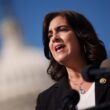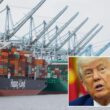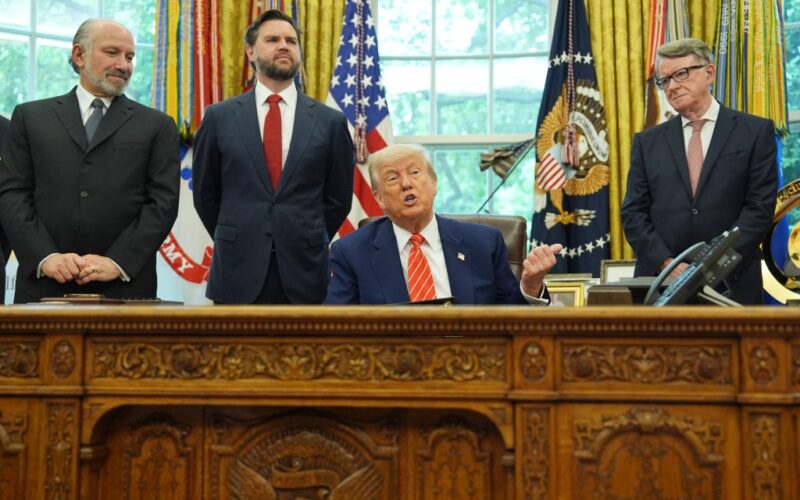It’s no surprise that Donald Trump’s first trade “deal” after his disastrous tariffs is more-so a framework than a done deal, but a handshake with British Prime Minister Keir Starmer is better than a trade war.
Still, we are hard-pressed to give Trump too much credit just like you wouldn’t exactly praise a friend for paying to repair a borrowed car that he totaled. Now, that only leaves some other 190 countries to work out deals with, including all of our largest trading partners.
What exactly Trump’s tariff scheme is supposed to achieve in the first place seems to morph every day. Sometimes, it is about raising so much money on duties that we won’t need an income tax, as was the case before 1913.
Sometimes, it’s about shutting out foreign imports so as to bolster domestic manufacturing, using a sledgehammer where a chisel would have been appropriate.
Sometimes, it’s simply about getting more favorable terms of some sort, and then letting the imports roll in, a goal that is obviously at odds with protecting homegrown producers.
In any case, the damage is already being done, and will soon be felt more acutely by American consumers. Even if, by some miracle, the U.S. strikes a real deal tomorrow with China that brings our tariff posture back to reasonable levels, we’ve already had weeks of container ships coming over half empty from the largest producer of clothes and household goods, among other things.
The idea that we may start seeing empty store shelves pretty soon is neither a hypothetical nor an extrapolation; it is a near certainty at this point, no matter what the administration does. The only question is how long this situation continues.
We were warned about this, by Trump himself. Insofar as the Trump campaign had any specific policy planks, indiscriminate tariffs were foremost among them. Months and months ago, pre-election and in all the time since, analysts, economists, academics, journalists and others warned that all this would happen. Tariffs would threaten the stability of the global economy, reduce the flow of crucial goods into the United States and result in global antagonism that would make deals much harder to consummate.
Trade negotiations with foreign nations are a pretty standard part of running the federal government, but the man who purports to have mastered the art of the deal should have known that a negotiation starts off poorly if you pull a proverbial economic gun to start things off. There’s something to be said about weighing the long-term impacts of globalization against domestic industry, but this is going to do little but crash the economy.
Trump has hand-waved away criticism under the idea that other countries need us while we do not need them. This is simply not true. We are absolutely reliant on imports of various varieties that we cannot easily replicate domestically, and plenty of domestic U.S. businesses are suffering while unable to easily export products to countries that have instituted reciprocal tariffs.
The underlying notion that it is necessary for us to have net zero trade balance with every other country in the world and that deficits are inherently bad is preposterous and would have gotten Trump laughed out of an economics class, yet is now the official policy of the United States.








